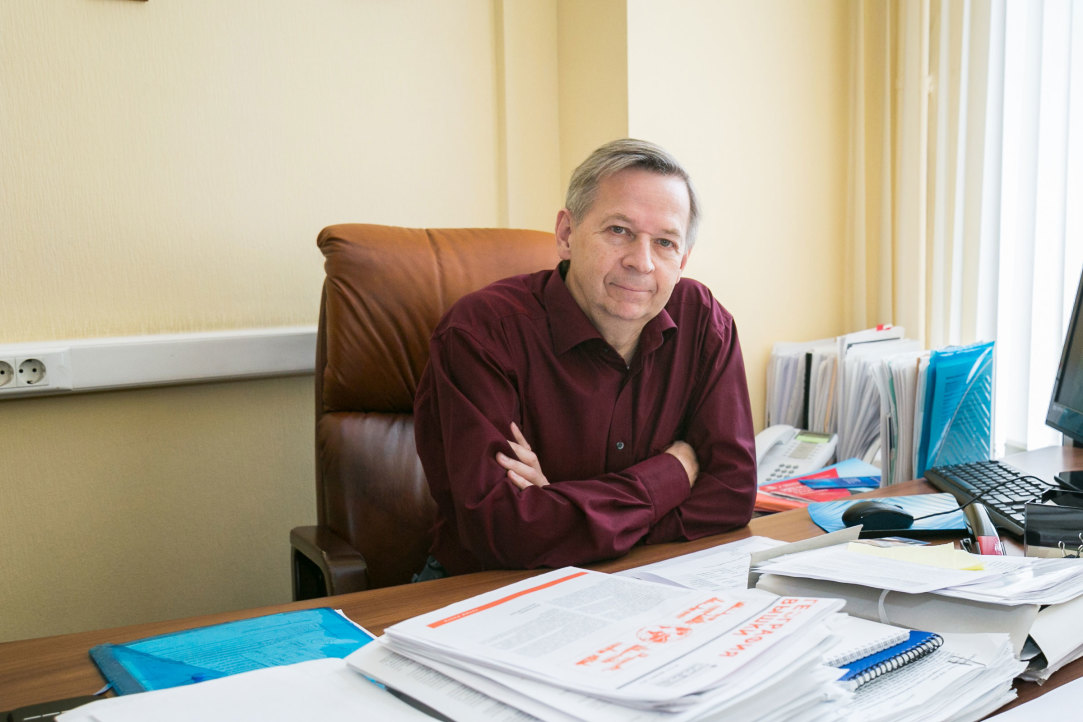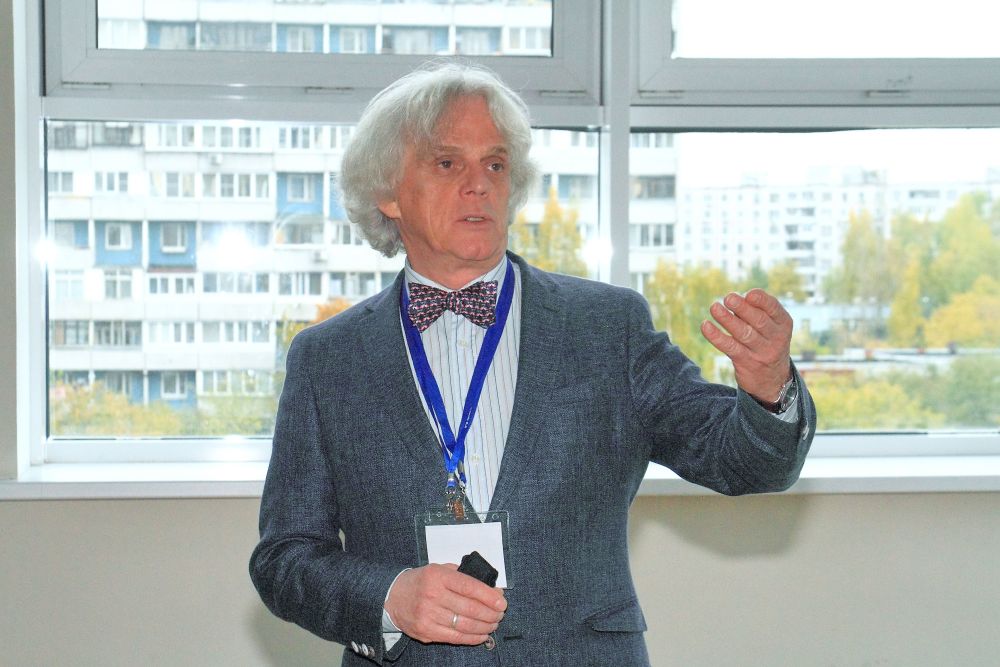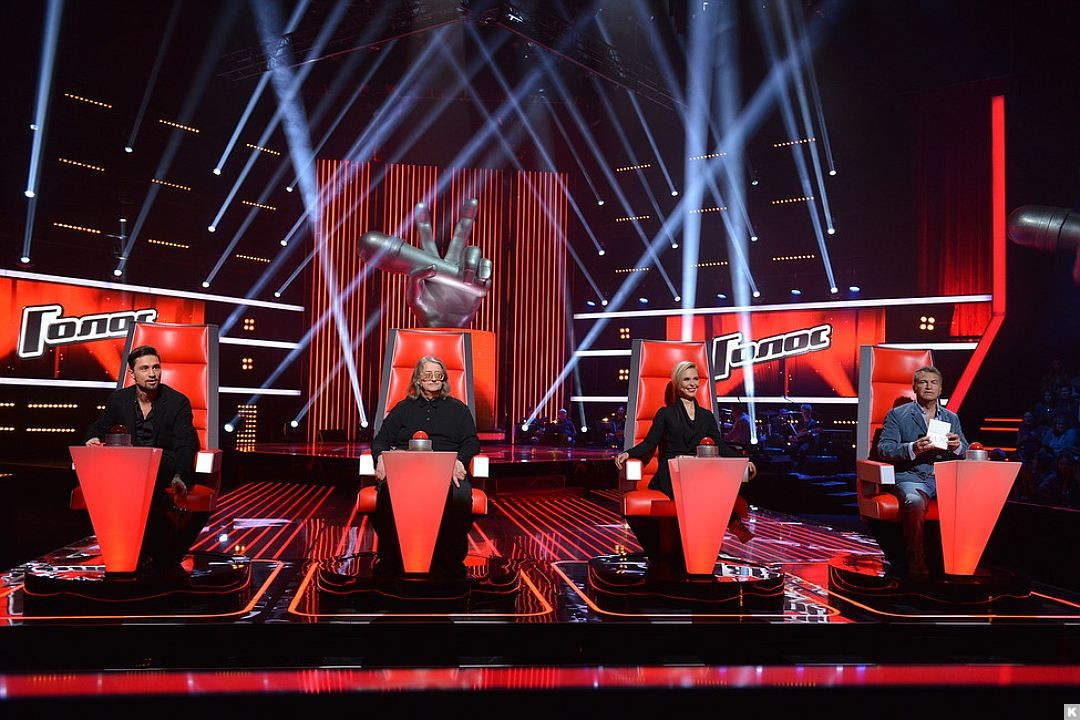
News

The 1,000th working paper, which came out this November, discusses how innovative companies in the U.S. fund projects. Its authors are Anastasia Stepanova and Maria Kokoreva, research fellows at the HSE Corporate Finance Center, and Kirill Povkh, first-year Master’s student in the Corporate Finance programme.
Staff Members of the Faculty of Informatics, Mathematics, and Computer Science at the Higher School of Economics have created an automatic system capable of identifying emotions in the sound of a voice. Their report was presented at a major international conference – Neuroinformatics-2017.
On November 7, HSE hosted a delegation from the Jülich Research Centre in Germany. Scholars from both countries came together to discuss joint research opportunities, including transformation of energy systems for sustainable development; future studies of energy technologies, including foresight studies; and methodological issues related to big data analysis and modelling.
The HSE School of Finance recently held a roundtable discussion dedicated to public non-financial reporting. The keynote presentation was delivered by Stefano Zambon, Professor at the University of Ferrara (Italy), who is also the Chairman of the World Intellectual Capital Initiative (WICI), a global network engaged in the systematization and dissemination of information on the intellectual capital indicators and modes for presenting it in non-financial reporting.

On September 26 and 27, the HSE School of Philology hosted Professor Brian Baer of Kent University (Ohio, USA) for a lecture entitled ‘The Translator’s Biography in Soviet and Post-Soviet Russia: Art, Politics, Identity’, followed by a workshop on ‘Teaching Translation Studies’. Following his lecture and workshop, Professor Baer spoke with the HSE News Service about his career as a translator, the role of the translator in society and his recommendations for international readers looking for exposure to Russian literature.



